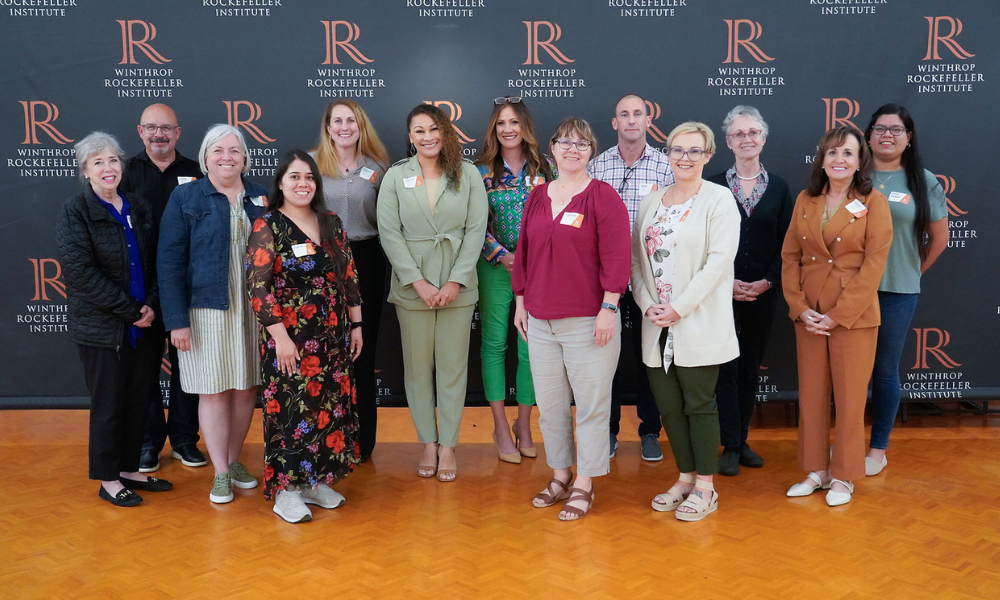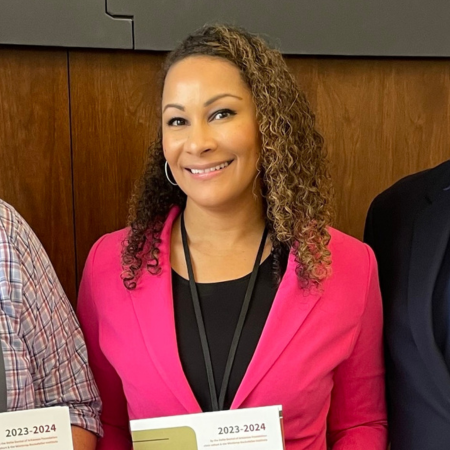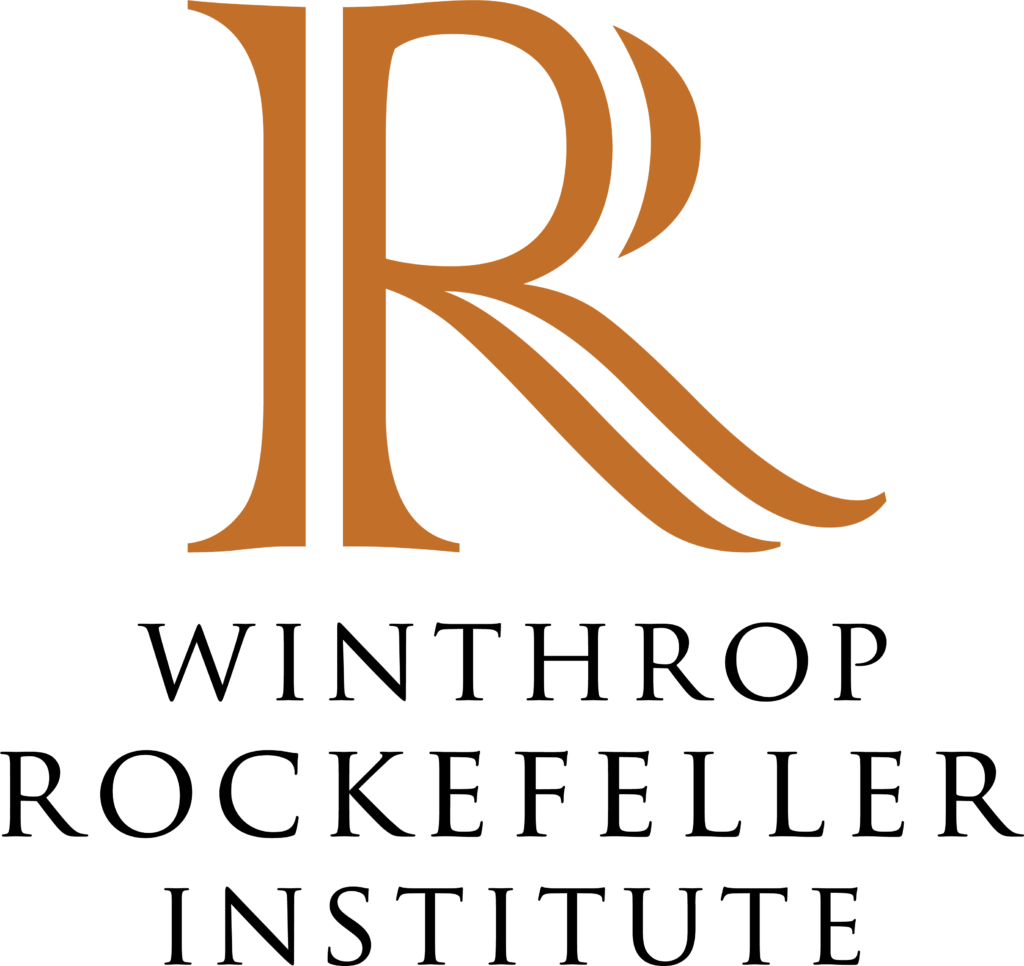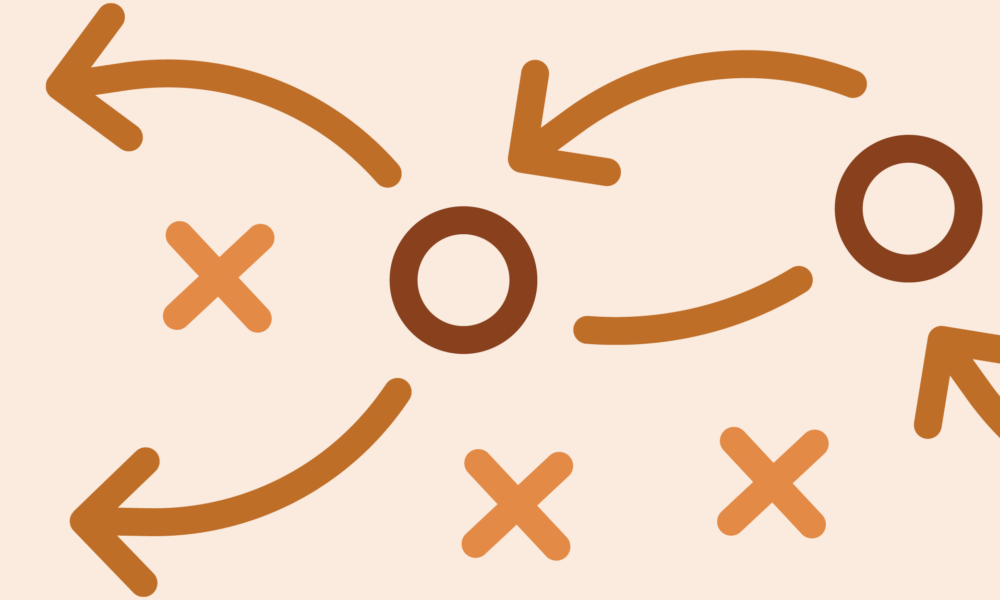The new Dental Clinic Playbook for Third-Party Billing is the result of a nearly year-long project. This initiative was developed through a partnership between the Institute and the Delta Dental of Arkansas Foundation.
The Delta Dental of Arkansas Foundation originally conceived the idea and provided a Strategic Initiative Grant to implement it. The Institute received funding to create a playbook detailing best practices for nonprofit dental clinics in Arkansas to begin billing and accepting third-party payments for services, including Medicaid and private insurance. Since last spring, this partnership has held regular meetings with 11 charitable dental clinics from across the state.

These meetings explored the challenges and opportunities of third-party billing for nonprofit dental care clinics. The key questions addressed were: What worked in the past, and what didn’t? Why and why not?
by Sharon Lanier, PH.D.
Maintaining oral health and receiving routine dental care is essential to overall health and well-being. However, Arkansas has a significant population of underserved and vulnerable individuals who struggle to access dental care. While dental health is often overlooked in discussions about health care disparities, its significance cannot be underestimated. Arkansas consistently ranks among the lowest in oral health indicators nationwide.
Many cannot get the care they need because there are not enough dental providers in their communities overall or not enough who accept publicly insured patients. While almost one million Arkansans are insured through a public dental plan, such as Medicaid,1 on average, across counties in Arkansas, only 61% of dentists serve these patients.2
To intensify problems, many Arkansans live in a Dental Health Professional Shortage Area (HPSA), especially in rural areas. The population-to-dental-provider ratio can be as low as 5,000 residents to 1 dentist, and some counties have no dentist at all.3 The nearest dental clinic may be many miles away, necessitating long drives and hours of missed work. As a result, appointments are likely to be postponed or neglected.
The Consequences
Worsening of Oral Health Conditions: Untreated dental problems can lead to severe health complications, including infections, pain, and difficulty eating or speaking. Furthermore, oral health is closely linked to overall health, with conditions like periodontal disease increasing the risk of heart disease, diabetes, and other systemic illnesses.
Burden on Emergency Rooms: The shortage of accessible dental care significantly burdens hospital emergency rooms.5 Individuals with untreated dental problems often turn to the ER as a last resort, driving up healthcare costs and diverting resources from more critical medical emergencies.
Long-Term Costs: The inability to obtain adequate, regular dental care can lead to more expensive treatments down the road. Preventive dental care is cost-effective compared to treating advanced dental issues.
Safety-net dental clinics play a vital role in bridging this gap, providing essential dental services to underserved communities. Safety-net dental clinics are non-profit organizations at the front line of health care services for many at-risk individuals and families in the state, providing free or low-cost dental care to meet immediate and long-term oral health needs. They are typically located in areas where access to dental care is limited, including rural and low-income urban communities. These clinics often rely heavily on funding from federal and state sources, grants, and community donations. While the support allows them to offer services at reduced or sliding-scale fees, many safety-net clinics do not bill insurance, thus limiting treatment options and patient access to care.
In 2023, the Delta Dental of Arkansas Foundation (Foundation) partnered with the Winthrop Rockefeller Institute (Institute) to explore ideas on how safety-net clinics could increase their capacity to serve more people. The Institute received a Strategic Initiative Grant to create a playbook detailing best practices for nonprofit dental clinics in Arkansas to begin billing and accepting third-party payments for services, including Medicaid and private insurance.
The Institute and the Foundation convened regular meetings in person and virtual with 10 charitable dental clinics from across the state plus subject matter experts such as lawyers, regulatory and licensing agents, and insurance billing specialists. Through this peer-to-peer learning, they have explored the challenges and opportunities surrounding third-party billing in the dental industry. What worked in the past, what didn’t, and why and why not?
Why Is This A Goal?
Why don’t many free dental clinics bill already, preferring to rely on grants and donations to fund their operating expenses? The key reasons have emerged repeatedly in research, conversations, and applications for support.
- Free dental clinics tend to operate with limited or volunteer staff and resources and lack the personnel and infrastructure to handle the complexities of the provider credentialing process, insurance verification, claim submission, and compliance and regulatory requirements. Because they are stretched so thin with high demands for their services, they may even lack the time and energy to explore creative, innovative ideas.
- They serve patients who might lack proper identification or documentation, making it challenging to meet the requirements of third-party payers.
- They are worried that an expansion to third-party billing might diverty from their mission of serving those in need.
- Last but not least, they fear losing their 501(c)(3) status, a widespread misconception.
In animated brainstorming sessions at the Institute’s headquarters or in virtual meetings, the clinics have addressed these and other concerns. As fellow practitioners, they are in an ideal situation to appreciate the characteristics of free dental clinics, share relevant resources and learn from each other to help increase capacity.
Meanwhile, our Foundation staff has listened intently and gained new insights into how to support community-driven, innovative efforts to increase the oral health of all Arkansans.
The playbook is one of those innovative efforts and will provide a comprehensive guide that charitable dental clinics can use to implement third-party billing.
Billing insurance is not just a financial transaction for safety net clinics; it’s a lifeline that enables them to fulfill their mission of providing high-quality healthcare to underserved communities. The benefits of billing insurance extend beyond financial stability, encompassing expanded access to care, enhanced quality of services, sustainability, support for preventive care, reduced uncompensated care costs and improved collaboration with local health systems.
The result: More Arkansans would benefit from quality dental care—a systemic change that could quite possibly elevate Arkansas’ oral health ranking from near bottom and create a more equitable healthcare system.
We recognize the complexity of this issue, and this playbook is meant to offer best practices and easily accessible resources to both public and private dental clinics seeking to increase access to care as an insurance billing provider. As we strive for a more equitable healthcare system, recognizing and supporting the vital role of insurance billing in safety net clinics is essential for the well-being of our most vulnerable populations.
We hope you use this playbook as a roadmap and resource for your clinics and your communities.



Dr. Lanier , we would like to know more on how to to a dental clinic that goes beyond extractions . Most of the clinics that I see have many people walking away sad because their real problem could not be addressed .